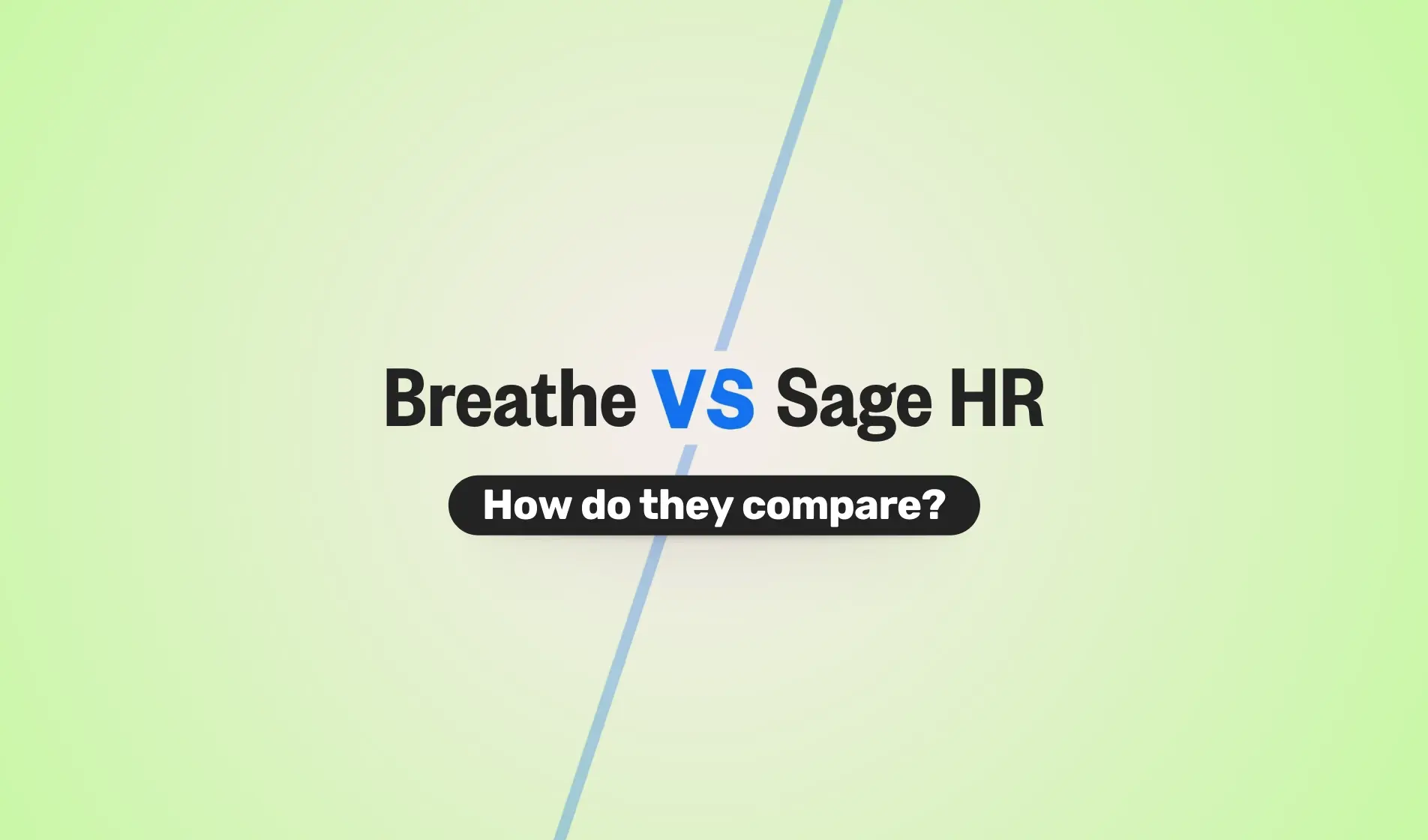As an employer, sometimes you're faced with having to dismiss a member of your team. It's never a fun job, but if an employee's conduct is serious or they're just not the right fit for the business, sometimes there's no other option.
However, if they believe they've been dismissed unfairly, it's likely you'll worry about facing an employment tribunal.
So how can we minimise the risk of this occurring when having to dismiss an employee? And what are your rights as an employer?
Before proceeding, we should clarify that this is an overview, and expert guidance should be sought before dismissing any employee.
For professional HR advice, check out our directory of HR consultants.
What is summary dismissal?
Summary dismissal is dismissal without notice, where an employee is believed to have behaved in a manner that amounts to gross misconduct. (Conduct so serious as to breach the contract of employment.)
This entitles the employer to terminate employment without the employee being allowed to work or be paid in lieu of their contractual notice period.
Summary dismissal vs. termination of employment
Note that I say it is where an employee “is believed to have behaved”. In legal terms, it is not necessary for the employer to prove the conduct occurred – but I’ll come back to that.
Summary dismissal, therefore, differs from other occasions when the employer may terminate employment in that notice is not required to be given to the employee.
The other time this occurs is if an employee has worked for less than 1 month and statutory notice provisions apply as detailed by the Employment Rights Act 1996 (ERA). If you have indicated in your contract of employment that notice will be given for less than 1 month’s service, then the contract applies.
Manage your team from anywhere with Breathe -
try FREE for 14 days
Summary dismissal: what employers need to do
The Employment Rights Act 1996 requires employers to provide every employee with a written statement of employment within two months of commencing employment.
Typically, disciplinary procedures will provided within this. Such procedures set out how the employer will deal with matters of misconduct and usually provide examples of what is considered as gross misconduct.
It's a good idea to check your procedures also set out that the disciplinary procedure may not apply during the first two years of the employee’s service. This is the length of service employees need to acquire the right not to be unfairly dismissed.
However, exceptions do apply and, where they do, the company reserves the right to enter the process at any stage depending on the circumstances. This will provide you with flexibility in dealing with different cases, but it is important to be consistent in the way you apply your procedures to avoid a claim of unfair treatment.
When you genuinely believe an employee is guilty of gross misconduct, it ought to be pointed out that this does not give employers the right to frog march the employee out immediately with no process at all. Particularly if the employee has been employed for longer than two years, such matters must be observed to ensure any decision to dismiss only follows a reasonable investigation and a disciplinary meeting.
Summary dismissal: your employer rights
So, having recognised the employee has rights, what are your rights as an employer?
-
The right to require employees to observe and behave in accordance with the employment contract – this includes both express (written down) and implied terms
-
The right to require employees to cooperate fully with any disciplinary investigation and other parts of the disciplinary process
-
The right to suspend from work for a reasonable time-period whilst appropriate investigations are undertaken
-
The right to require employees to be available to attend work as directed while on suspension
-
The right to dismiss an employee whom you genuinely believe to be guilty of gross misconduct. The Employment Appeal Tribunal (EAT) case of British Home Stores v Burchell 1978 IRLR 379 is still applied as the test for a fair conduct dismissal at Employment Tribunal.
The case set out what is often referred to as the Burchell Test, which is in summary:
-
Did the employer hold a genuine belief in the guilt of the employee?
-
Was the belief based on reasonable grounds?
-
Were those grounds based on a reasonable investigation in the circumstances?
If the employer can satisfy the ET as to the above points, based on what the employer knew at the time of the dismissal, then it is very likely the dismissal will be found to be fair.
Where an employee has under two years’ service, and you have the provision within the employment contract not to apply the disciplinary procedure, it may be possible to carry out a short-service dismissal without going through the process, however it is important to seek expert legal advice before doing so.
Dan Jenkins is the Managing Director of Access2 Human Resources (formerly known as HJS Human Resources).
Discover professional HR advice today through our HR Partner Directory, or find out more about becoming a Breathe Partner.
.webp)
Author: Dan Jenkins
Dan Jenkins is a Breathe Partner and the Managing Director of Access2 Human Resources. After a management career in hospitality Dan qualified in 2006 as a Graduate Member of the Chartered Institute of Personnel and Development with a Level 7 Certificate specialising in employment law. Since 2005 he has worked in Head of HR and HR Director roles in the hospitality, retail, distribution and professional services sectors and has over 23 years experience of Employment Tribunals including successfully representing both Respondents and Claimants. In 2014 Dan set up his own HR Consultancy business, Access2 Human Resources, which currently employs 12 people and specialises in supporting small businesses and charities. In 2024 the business acquired Personnel Placements, a recruitment business based in Salisbury. With his business experience and more than 20 years Employment Tribunals work, both as a member and representing respondents, Dan is well placed to advise employers on how to minimise the risk of tribunal claims through the introduction and implementation of effective HR policies and management practices.





